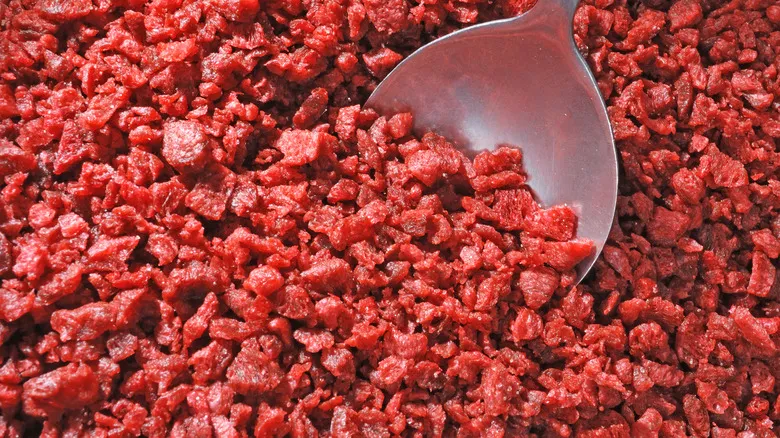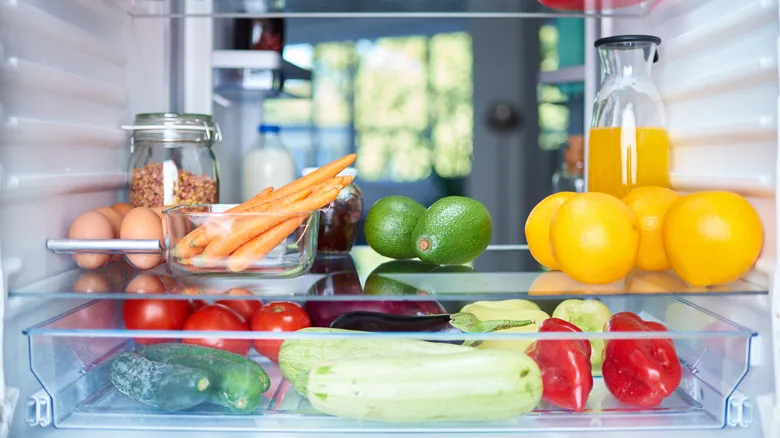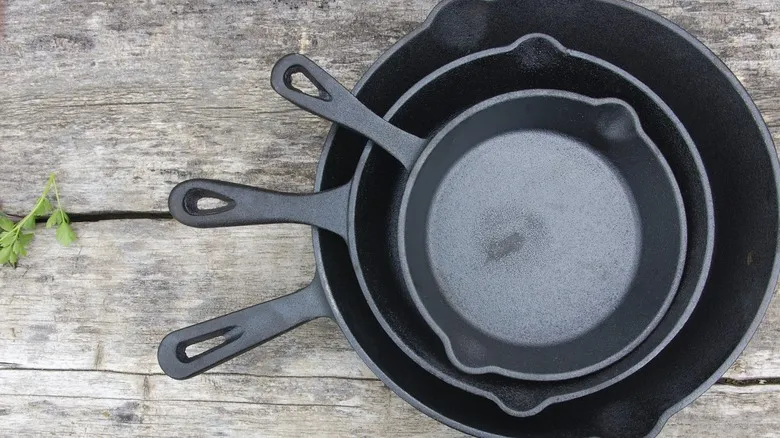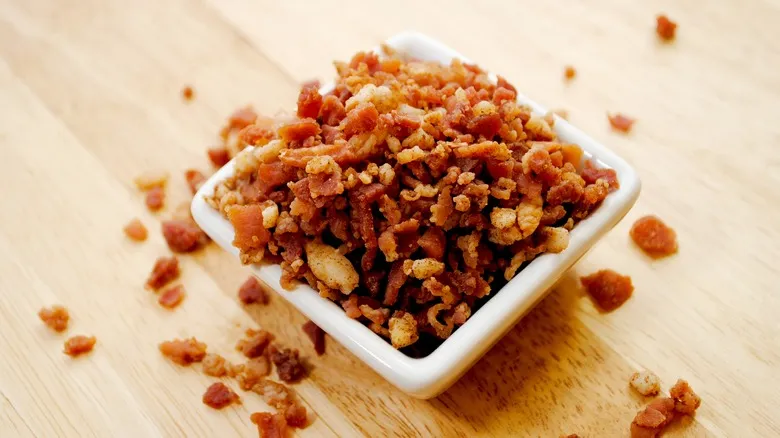Are artificial bacon bits better for you?

At first glance, imitation bacon bits and real bacon bits appear to have quite similar nutritional profiles. According to McCormick's website, a typical 7-gram serving of their imitation bacon bits contains 30 calories, 3 grams of protein, 160 milligrams of sodium, 2 grams of carbohydrates, and no cholesterol. In comparison, Oscar Mayer states that their real bacon bits also have 30 calories, 3 grams of protein, and 160 milligrams of sodium, but they contain a higher cholesterol level (5 milligrams) and no carbohydrates.
Both imitation and real bacon bits come with health concerns. In addition to their high fat, sodium, and cholesterol levels, bacon—regardless of whether it is labeled "uncured"—is classified as a group one carcinogen due to the presence of nitrites, which can form cancer-causing compounds when combined with proteins. Moreover, even Oscar Mayer's real bacon bits are not purely whole foods, as they include chemical additives such as hickory smoke flavoring and sodium nitrite.
It’s no surprise that McCormick's imitation bacon bits and similar products contain artificial ingredients, ranging from Red 40 and caramel coloring to complex flavor enhancers like disodium inosinate and guanylate, which are used alongside MSG to produce an umami taste. While there are concerns regarding the safety of additives like Red 40 and artificial ingredients in general, there is currently insufficient evidence to definitively prove that these ingredients are harmful to health—though they certainly lack nutritional value. Ultimately, the choice of which product is healthier depends on your personal dietary preferences and your comfort level with artificial ingredients.
Why you should consider making your own bacon bits

Are store-bought options not appealing to you? Making bacon bits at home is incredibly simple. The easiest method to achieve perfectly crispy bacon is by cooking it in the oven, which prevents a greasy mess. Once cooked, just chop or crumble the bacon into small pieces.
If you're aiming to avoid potentially harmful chemical additives, you'll need to be selective about your bacon source. Most commercially produced bacon available in grocery stores, even those labeled "uncured," is treated with nitrites, including those derived from vegetables. However, there are smaller, artisanal butchers that dry cure bacon using only salt or nitrite alternatives. If avoiding artificial ingredients is your primary concern, you might even consider curing your own meat.
On the other hand, the main advantage of making your own bacon bits lies in their taste and freshness rather than health benefits. The flavor of imitation bacon bits compared to real bacon is debatable, and store-bought real bacon bits often become limp and soggy. If you love bacon and want the best flavor, cooking bacon bits from scratch is your best option. However, if you're seeking a meaty flavor and crispy texture without consuming actual meat, imitation bacon bits are a convenient and affordable choice to have on hand.
Recommended

The Simple Fridge Hack That Prevents Food Waste

What's Best For Drying Your Herbs? The Oven, Microwave, Or Dehydrator?

The Storage Mistake That's Sabotaging Your Cast Iron Skillet

The Best Way To Store Corn On The Cob (And How Long It Lasts In The Fridge)
Next up

